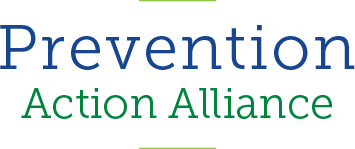
 When pregnant mothers drink, alcohol from their blood can pass to their baby through the umbilical cord. In turn, this exposure can damage the baby’s brain and cause growth problems. These problems vary from child to child and may include physical defects, brain, and central nervous system problems, and social and behavioral issues. These can result in a number of syndromes and disorders, collectively grouped together as Fetal Alcohol Spectrum Disorders.
When pregnant mothers drink, alcohol from their blood can pass to their baby through the umbilical cord. In turn, this exposure can damage the baby’s brain and cause growth problems. These problems vary from child to child and may include physical defects, brain, and central nervous system problems, and social and behavioral issues. These can result in a number of syndromes and disorders, collectively grouped together as Fetal Alcohol Spectrum Disorders.
Key Facts about FASDs
- FASDs are a group of conditions that occur in a person whose mother drank alcohol during pregnancy.
- FASDs cause a range of issues, including hyperactivity, learning disabilities, speech and language delays, problems with the heart, kidneys, or bones, and others.
- These disorders are hard to diagnose, and it’s unclear how many people may have FASDs. There’s no medical test for these conditions and often FASDs share symptoms with other disorders.
- There’s no cure for FASDs. That said, early intervention can improve a child’s outcomes, and treatments to help with symptoms do exist.
- Fetal Alcohol Syndrome, one of the FASDs, is projected to cost the U.S. more than $4 billion annually.
- There’s no safe amount of alcohol to drink while pregnant. All types of alcohol, including beer and wine, are equally harmful.
As you plan your campaign, remember that September is Fetal Alcohol Spectrum Disorders Awareness Month, and September 9th is International FASD Awareness Day. These are key times to promote FASD awareness as other organizations will also be working to create conversations about FASDs.
